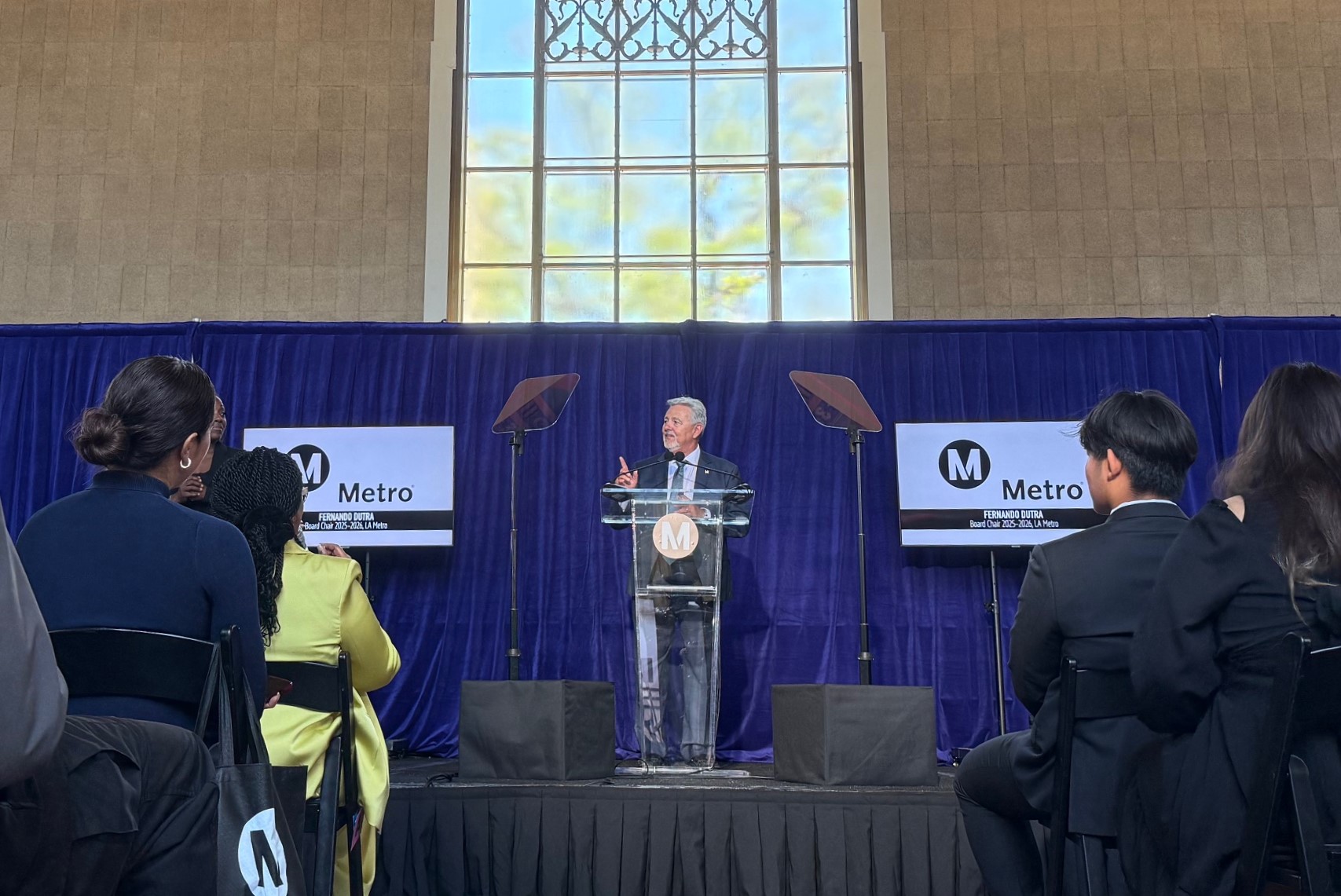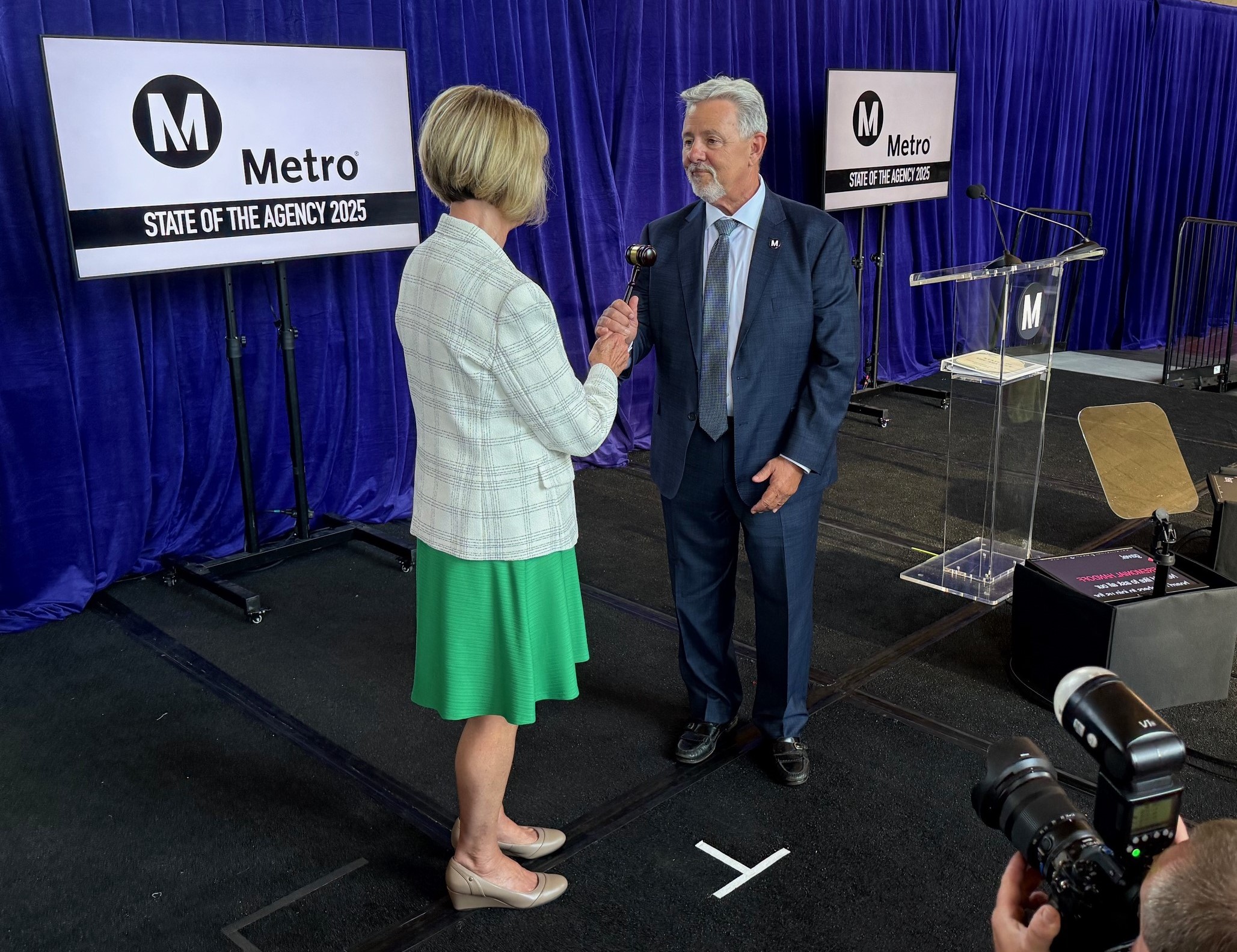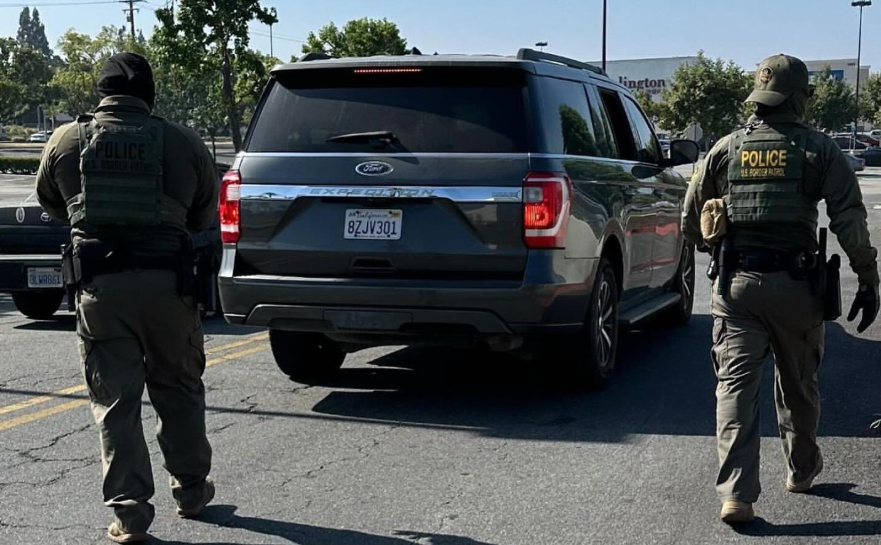Michael Wolfgang Bauch is a Long Beach based filmmaker, videographer, kayaker, and avid cyclist. He recently talked with Streetsblog over the phone about his latest full-length documentary, Riding Bikes With The Dutch. The film premieres this Sunday, May 9 at the Art Theatre in Long Beach at 5 PM, as part of the Long Beach Bike Festival.
Streetsblog: Tell me about your background, in bikes and film.
Michael Bauch: My interest in cycling basically began when I moved to Long Beach from Covina 12 years ago. I originally moved so I could kayak more often, but living near the ocean, I found that I could take the beach bike path to do most of my shopping and errands. After a while, I realized I wasn't using my car much at all. As for filmmaking, I've been shooting movies since I was 12 and using a low budget super 8 camera. My friends and I would shoot short action and adventures, sometimes using our bikes for chase scenes. When I got to college, I got a job with the campus TV station, and I've made my living as a videographer ever since.
SB: So how did you end up in Amsterdam?
MB: Well, I have family in western Germany, near the Netherlands, who I've been visiting often since I was a kid. In 2003, I was flying through Amsterdam to meet them. We were originally scheduled for a one night layover, but we ended up enjoying it so much that we spent four more nights there. I was amazed by cycling there. The infrastructure was better suited for bicycling, but what really impressed me was how widely accepted bicycling was in the culture. Nearly everyone rode a bike. I had my camera with me and shot footage of the cyclists, which I turned into a short film called Bike Capital of Europe. The film was actually quite successful, I screened it at the Walk-Bike Conference in Oakland and ended up getting requests to use the footage from people around the world. It's funny, despite the movie's success, I don't think the US was quite ready for that kind of bike friendly message at that time. I enjoyed Amsterdam so much that in 2007, my family and I decided to do a house exchange with a Dutch family. We lived there for a month, and eventually we began to feel like locals. My
wife was working long distance and also helping to gain contacts in
Amsterdam and arrange interviews. We were also jugglig a 7 month old
baby and I still got some amazing footage for my new film, Riding Bikes With The Dutch."
 Two Bauch's, one camera.
Two Bauch's, one camera.SB: In addition to the bike footage, your trailer shows footage of the Amsterdam Tram system. What is the role of transit in Amsterdam?
MB: The transit system is very effective. It gives people a choice of whether to ride a bike or take a train to where they're going, which is helpful since it rains a lot in Amsterdam. In some cases, people who live further outside the city will take one bike to a train station, ride in, then pick up another bike when they get off to get to their destination. That's why they put in that huge bike parking structure near Amsterdam's Centraal station. Most people in Amsterdam treat their bikes more like appliances, they don't maintain them particularly well and don't go out of their way to make their bikes stylish. Bike thefts are a problem in Amsterdam, though they've been going down recently.
SB: Besides the fact that you live here, why did you pick Long Beach for the US city to compare with Amsterdam? Seems like Portland might have been a more natural choice.
MB: When I set out to make this movie, I wasn't intending to find the most bike friendly city in the US. In fact, initially I was going to portray Long Beach as a typical example of the car dependent American city. But as it turned out, I came back to Long Beach just as the sharrows were opening and other bike programs were being launched. So the direction of the American portion of the movie went from showing a car-centric dystopia to a place where cars still rule but there's hope for the bicycles. One of the points I wanted to make with the film was that you don't have to be Lance Armstrong to make biking work as a form of transportation. Many people are intimidated by biking because in this country the attitude is that biking is a very athletic thing, but that's not the way it's seen in Amsterdam, and that's not the way it has to be.
SB: How would you compare the culture of Amsterdam versus Long Beach? Do they have anything in common?
MB: Well, for me the biggest difference between the two places is the way people begin to interact when they can see each other face to face, whether on a bike, in a train, or on foot. There's a kind of cold anonymity to riding in a car, you're cut off from your fellow human beings and you eventually begin to assume that other drivers have the worst motives. All that seems to disappear when you can stop and talk with someone. In Amsterdam, the bicycle culture is firmly rooted and you can see the difference that makes in the way people interact. Bicycle culture is relatively young in Long Beach, but you can already see changes beginning to happen, especially in the places that have gotten bike improvement projects. I feel that on Second St. people are much more outgoing than they used to be. Appropriately enough, the area near Naples Island on the east side of the sharrows looks a lot like Amsterdam. As a side note, those bike improvements on have been good for local businesses in the area as well.
this is where the real opportunity to use bikes is. You don't have to
be athletic to cover a short distance like this and it opens the door
to a lot of opportunities.
 Bike parking at Amsterdam's central train station.
Bike parking at Amsterdam's central train station.SB: What is the future of biking in Long Beach and the rest of the LA area?
MB: Long Beach is making progress, but we're a long way from being a bike paradise. But in the long run, our goal shouldn't be to be just like Amsterdam. Americans have their own unique attitudes toward bikes. I pointed out earlier that the Dutch treat their bikes more like appliances; Americans are more likely to individualize their bikes or use them as a fashion statement. You already see people here identifying with their beach cruisers or fixies, and if that's what gets them interested in biking, great. I see Long Beach as setting an example that other cities in the area can follow. Long Beach is fortunate to have many neighborhoods that don't need to be changed much to work well for bicycles, and there are plenty of areas in LA that aren't so lucky. But I think the whole area could make a lot of progress if it went back to its roots as a series of pedestrian and bike friendly communities connected by an excellent metro system. We should take a lesson from the Dutch by biking to trains, then biking from the train station to where we're going. Thanks to the bike stations, you can already do that here in Long Beach, as well as Covina. But hopefully, bicycling will eventually become so popular that they'll have to build a giant Amsterdam-style bike parking lot next to Union Station!






